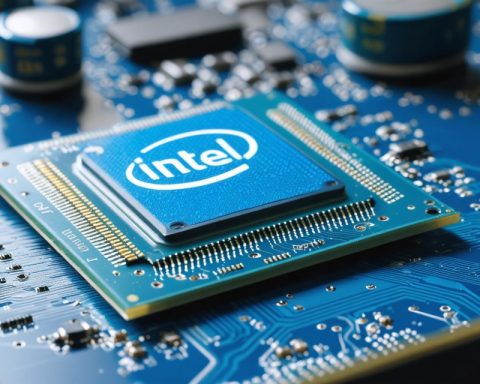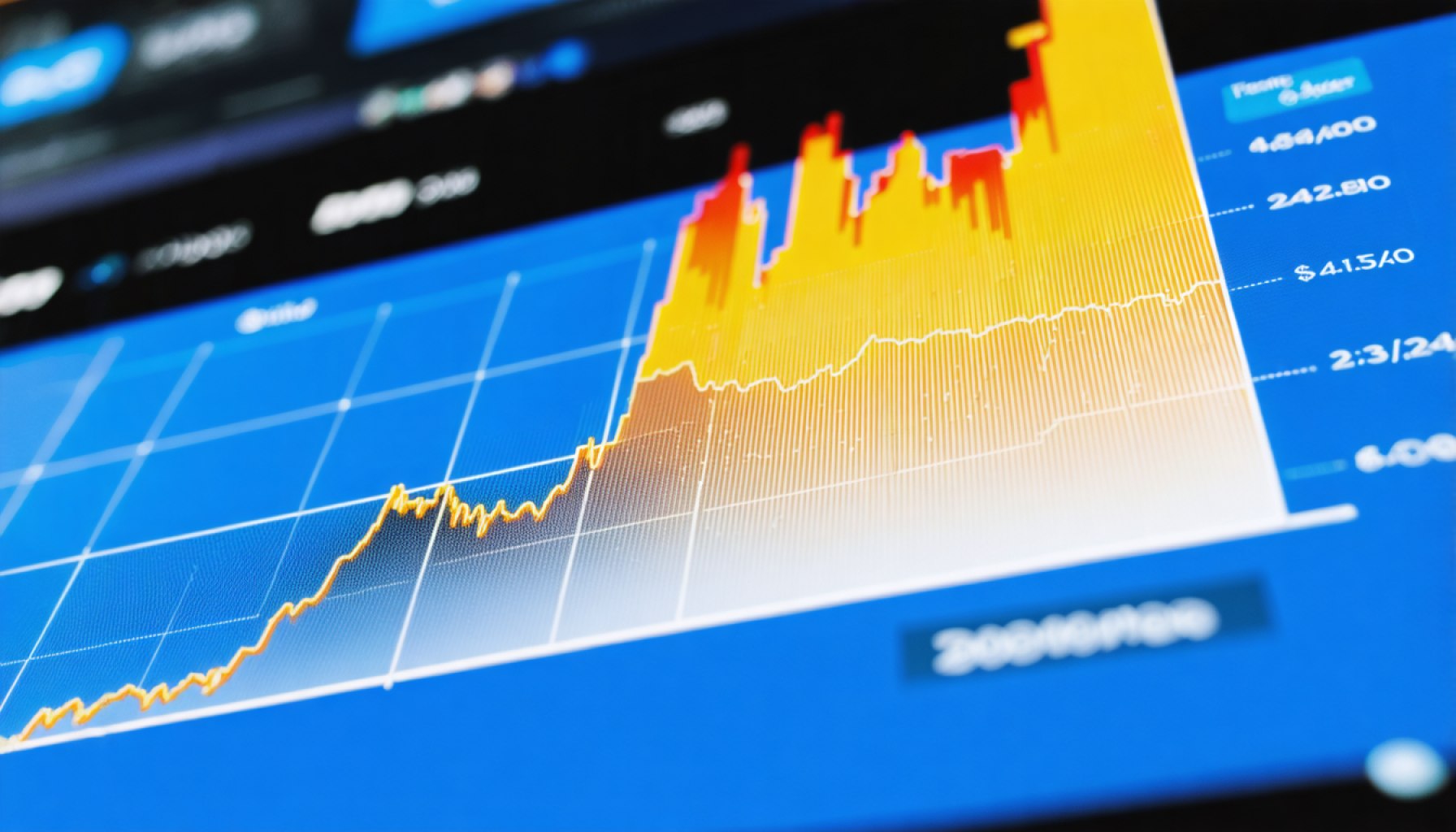- South Korea is investing heavily in GPU technology, acquiring 10,000 high-powered GPUs to strengthen its AI infrastructure.
- The country is strategically positioned in the AI race, benefitting from U.S. export exemptions on AI chips, which include South Korea among 18 nations.
- South Korea aims to establish a national AI computing center that will enhance its standing as a key player in AI innovation.
- This initiative is a collaborative effort, engaging the private sector to bolster South Korea’s technological and innovation ecosystem.
- As global AI competition intensifies, South Korea faces contenders like China but remains poised for a significant role in the AI landscape.
- South Korea’s commitment to AI is underscored by its robust strategic initiatives, heralding a promising future in technology.
Picture this: a bustling South Korea charging full steam ahead into the digital frontier, seizing the helm of the artificial intelligence revolution with a strategic arsenal of 10,000 high-powered GPUs. As the demanding global AI race expands beyond corporate giants to become a national spectacle, South Korea boldly enters the arena with unmistakable resolve. Determined not to be left behind, the nation invests heavily in GPU technology, aiming to sculpt a cohesive AI computing infrastructure that powers innovation.
Across the world, the landscape of AI competition shifts with tectonic force. A vivid illustration of this occurred when the U.S. enacted regulations clasping AI chip exports, creating tiers of access that exempted a select 18 nations, including South Korea. This exemption grants South Korea strategic advantages, allowing it to forge ahead while others jostle with restrictions.
Engaging fiercely with the private sector, South Korea sets its sights on launching a formidable national AI computing center. This hub is not merely a technological marvel but a testament to South Korea’s audacious ambitions to cement its status as a leading AI innovator. The vision extends beyond sheer computing might; it seeks to nurture a fertile innovation ecosystem that thrives on collaborative synergy.
However, the global AI battleground brims with formidable contenders. China, with startups like DeepSeek, pursues efficiency over sheer power, edging closer to rivaling U.S. chip standards. But with South Korea’s concerted push, fueled by GPU might and strategic exemptions, the nation stands poised to secure a dominant foothold.
As South Korea finalizes its procurement blueprints, the stakes are high. Will this audacious investment pay off? Only time will reveal if these strides lead to groundbreaking frontiers. Yet, one thing remains certain: South Korea’s commitment shines as a beacon in the AI cosmos, heralding a future rich with technological promise.
South Korea’s AI Revolution: Can It Lead the Global Race?
How-To Steps & Life Hacks
1. Establish an AI Innovation Hub:
– Identify Key Areas: Focus on specific AI applications like natural language processing, computer vision, and generative AI models.
– Collaborate with Industry: Partner with leading tech giants and startups to leverage existing expertise and infrastructure.
2. Leverage GPU Technology:
– Use the latest NVIDIA or AMD GPUs optimized for AI workloads.
– Implement cloud-based solutions for scalable AI model training and deployment.
3. Policy Creation and Support:
– Develop supportive governmental policies that stimulate innovation and reduce red-tape for AI startups.
– Invest in AI education and training programs to build a skilled workforce.
Real-World Use Cases
– Healthcare: AI-powered diagnostics and personalized medicine could see significant advancements in South Korea due to access to robust computing resources.
– Smart Cities: Enhancing urban planning with AI to manage traffic, energy consumption, and public services more efficiently.
Market Forecasts & Industry Trends
According to a report by Markets and Markets, the AI market size is expected to grow from USD 86.9 billion in 2022 to USD 407.0 billion by 2027, at a CAGR of 36.2%. South Korea’s AI market is poised to capture a substantial share due to its significant investment in AI infrastructure.
Reviews & Comparisons
South Korea’s push is frequently compared with China’s and the United States’, with specific strengths in governmental policy support and private sector engagement. The recent exemptions from U.S. export regulations position it uniquely in the competition landscape.
Controversies & Limitations
– Data Privacy Concerns: As AI adoption grows, the management of data privacy and ethical AI usage remains a challenge.
– High Capital Investment: The costs associated with AI infrastructure and GPU procurement may limit agility and innovation speed.
Features, Specs & Pricing
The initiative plans to utilize state-of-the-art GPUs, which are pivotal in powering massive AI models. NVIDIA’s latest A100 Tensor Core GPUs, for example, are priced at approximately USD 10,000 per unit.
Security & Sustainability
– Implementing robust cybersecurity measures is essential to protect AI systems from threats.
– Emphasize eco-friendly computing solutions to reduce the carbon footprint of AI infrastructure.
Insights & Predictions
Experts predict South Korea will become a global AI leader within the next decade. The country’s technological investments and policy frameworks are setting the stage for cutting-edge innovations.
Tutorials & Compatibility
– Integration with Existing Systems: Develop APIs that allow seamless integration of AI capabilities with existing systems in healthcare, finance, and logistics.
Pros & Cons Overview
Pros:
– Strategic exemption from U.S. export regulations.
– Strong governmental support and investment strategy.
– Rapid development of AI infrastructure.
Cons:
– High initial investment costs.
– Potential privacy and ethical concerns.
Actionable Recommendations
– For Startups: Leverage South Korea’s growing AI infrastructure to accelerate R&D efforts.
– For Policymakers: Continue fostering partnerships between private and public sectors.
– For Educators: Develop programs focused on AI and machine learning to prepare the future workforce.
For more information on South Korea’s AI advancements, check out [NVIDIA](https://www.nvidia.com) for technology developments and [Stanford HAI](https://hai.stanford.edu) for insights on AI research and ethics.










